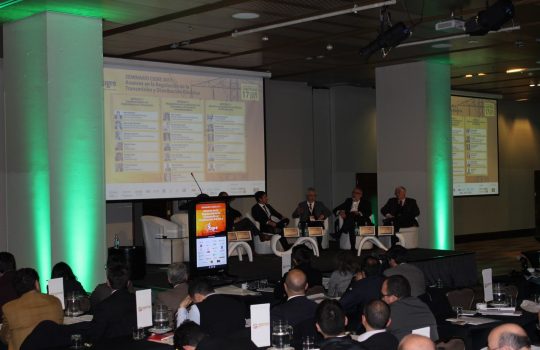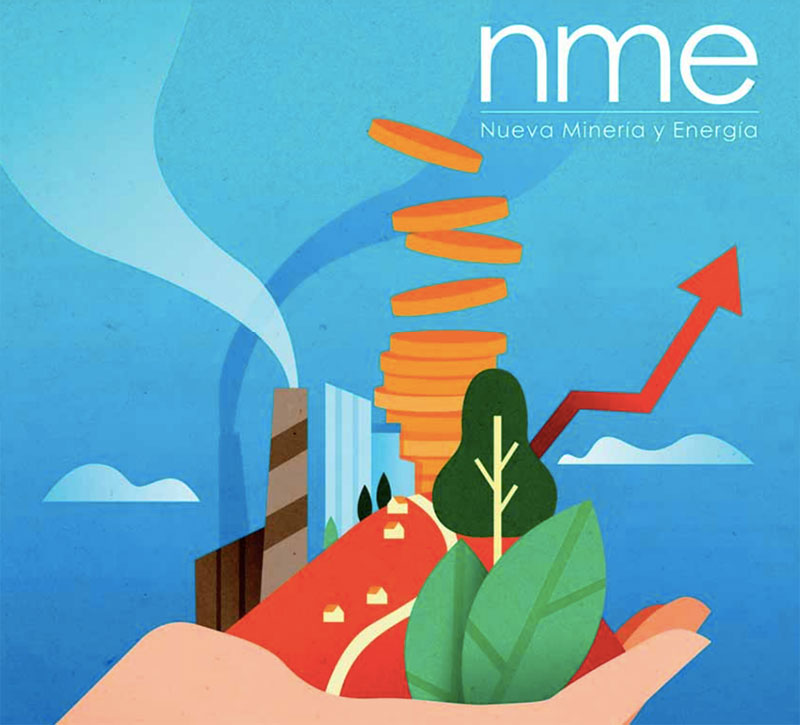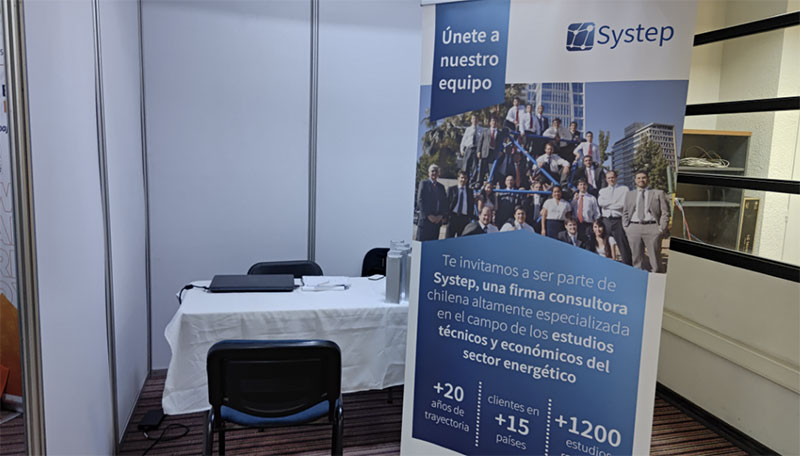
The guild’s executive director, Rodrigo Castillo, raised this issue at the seminar “Advances in the regulation of electricity transmission and distribution”, organized by the Chilean committee of the International Council on Large Electric Grids (Cigré).
Electricity companies propose to discuss fundamental issues in the regulation due to supply drop
The executive director of Empresas Eléctricas A.G., Rodrigo Castillo, pointed out that the last two climatic events in June (rainstorms) and July (snowstorms) in the central part of the country, which interrupted the electricity supply, raise two fundamental discussions between the regulator and the distribution sector.
“The first has to do with the regulatory model that guarantees that the necessary investments are made to improve service quality levels and standards, basically expressed in the amount and number of interruptions in a year. The other pending issue is the establishment of what is and what is not force majeure”, said the executive.
Castillo participated in the third and last module on “Adjustments to regulation in the distribution sector”, within the framework of the seminar “Advances in the regulation of electricity transmission and distribution”, organized by Cigré Chile, where he stated that “a short-term challenge for the electricity distribution segment is the improvement in the quality of service. Among the different points to be resolved in our current regulation is that it does not necessarily guarantee the quality of service directly to the customer and that is a reality”.
According to the trade association representative, “with the recent snowfalls, the basic question is when the decision is made to discuss a technical norm with the requirement of a quality standard, it has to be established under what conditions the quality standard is required and under what conditions we are going to indicate that it is a force majeure”.
Among the possibilities to be considered in the discussion of these issues, the executive raised the possibility of considering “a standard that considers being prepared for climatic or tectonic events that may occur more frequently than they had been occurring”.
For Pedro Miquel, director of Systep, an issue to be addressed in power distribution outages due to weather events is the better coordination that the actors must have, in measures such as the pruning of trees that cover the overhead lines. “Tree pruning is not only the responsibility of the company, but also of the municipalities that must give authorization,” he said.
Transmission
The first module of the seminar analyzed the implementation of transmission regulations, where Iván Saavedra, head of the Electricity Area of the National Energy Commission (CNE), gave a presentation, pointing out that four regulations of the Transmission Law are currently being drafted: coordination and operation of the national electricity system; transmission and transmission planning systems; complementary services; and transmission valuation.
The regulations that have been published are those on long-term energy planning, the procedure for determining the band and international energy exchange, while the regulations of the National Electricity Coordinator and on the procedure for the issuance of technical standards are before the Office of the Comptroller General of the Republic.
In the module “Operation and Complementary Services Coordination Regulations”, José Carrasco, head of the Electricity Markets Unit of the CNE, explained that the preparation of these documents considered elements such as the insertion of renewable energy projects, environmental issues and the economic and safe operation of the electricity system.



